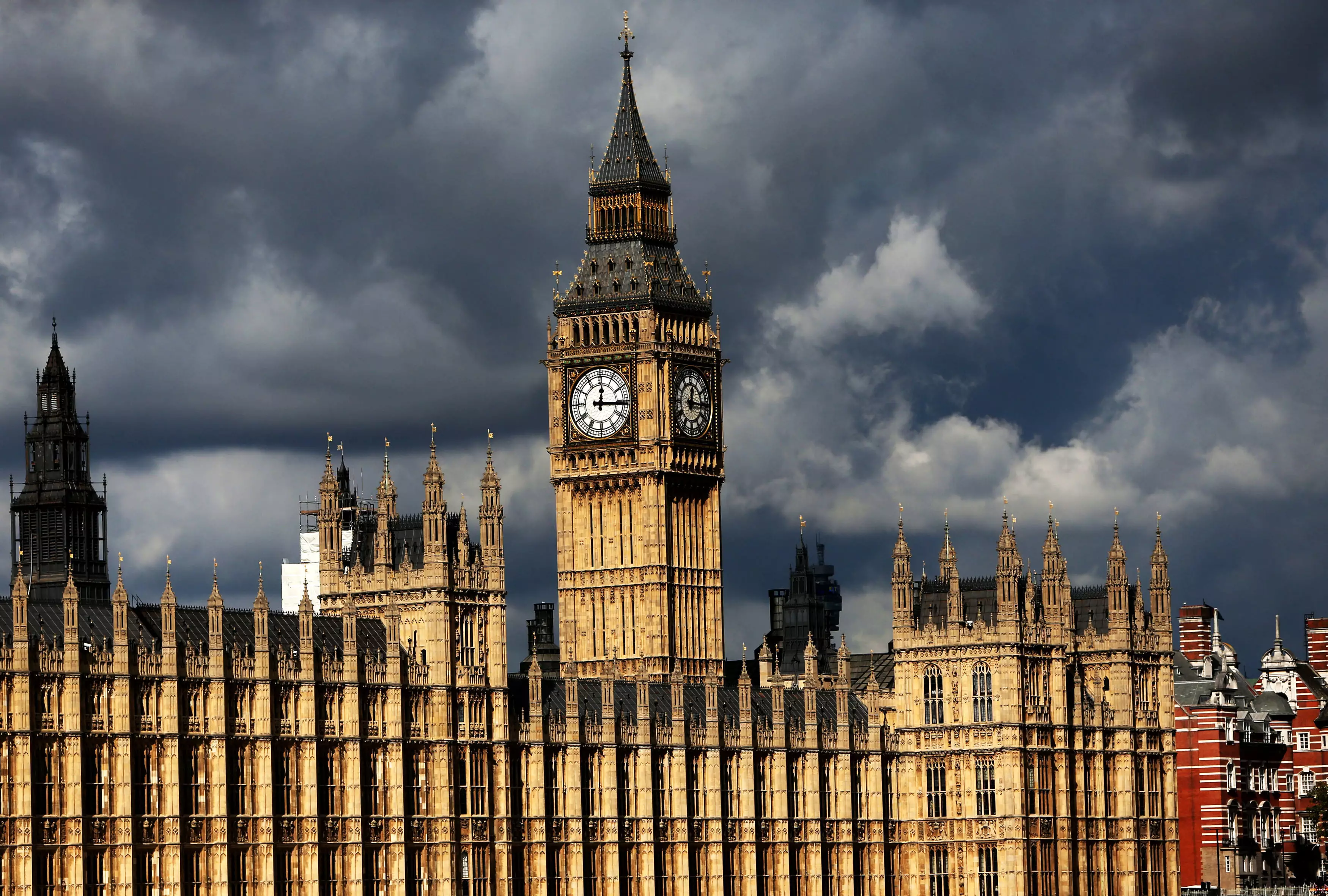
The Supreme Court has ruled against Prime Minister Theresa May's Brexit plan and has announced that MPs will be allowed to vote on whether to trigger Article 50.
The Prime Minister has previously been criticised over her plans for the UK to leave the EU, with some branding them chaotic. This new ruling will do little to help matters.
According to the Supreme Court's ruling, the Prime Minister will now have to give Parliament a vote on whether to trigger Article 50, which will begin the formal removal of the UK from the EU.
Gina Miller, an investment manager and philanthropist, originally brought the case against the government to the High Court, where she won. It was decided that the government should give MPs a chance to vote before beginning Brexit.

Gina Miller. Credit: PA
Prime Minister May appealed the decision, however, it was widely expected that the Supreme Court would rule against it.
It's not known what would happen if MPs voted against triggering Article 50, but it's reported Jeremy Corbyn has 'asked' Labour MPs not to obstruct it. Likewise, very few Conservative Party members will vote against it. However, the Liberal Democrats have announced they plan to oppose it.
Advert
It's also thought that MPs will take the opportunity to amend the Article 50 Bill.

Credit: Twitter
An eight to three ruling against the government was made earlier today.
Advert
PM May wanted to use the Royal Prerogative to trigger Article 50, which would mean that Parliament wouldn't need to give it the OK.
What is Article 50?
In December 2009 the Lisbon Treaty came into force within the EU as a way of making the organisation 'more democratic, more transparent and more efficient'.
Within the treaty there are rules and posts, one of these is Article 50.
UK government "disappointed" but will comply with Supreme Court
Article 50 is the official trigger for any EU member to leave the EU.
Advert
It states: "Any Member State may decide to withdraw from the Union in accordance with its own constitutional requirements."
To leave, the UK will need to let the European Council know they want to leave, which will 'trigger' Article 50.
Once this is done the Member State, in this case the UK, will begin negotiating new terms with the rest of the world regarding issues such as freedom of movement and trade.
As a nation, the UK voted to leave the EU in June last year. Since then, many people have complained that it has taken too long.
Advert
What happens now?
David Davis, Brexit Secretary will release a formal statement later on Tuesday. But the government has already announced it will comply with the new ruling.
In theory, Brexit could be blocked, however, it's very unlikely that will happen.
The Conservative Party has a majority within the House of Commons, meaning that bill is almost certain to pass because so far only one Conservative MP has said he will oppose it.
Advert
Add to that the fact that a majority of Labour MPs have also said they won't oppose it, and it seems pretty much a foregone conclusion.
Source: Express, The Lisbon Treaty and The Independent
Featured Image Credit: PATopics: brexit